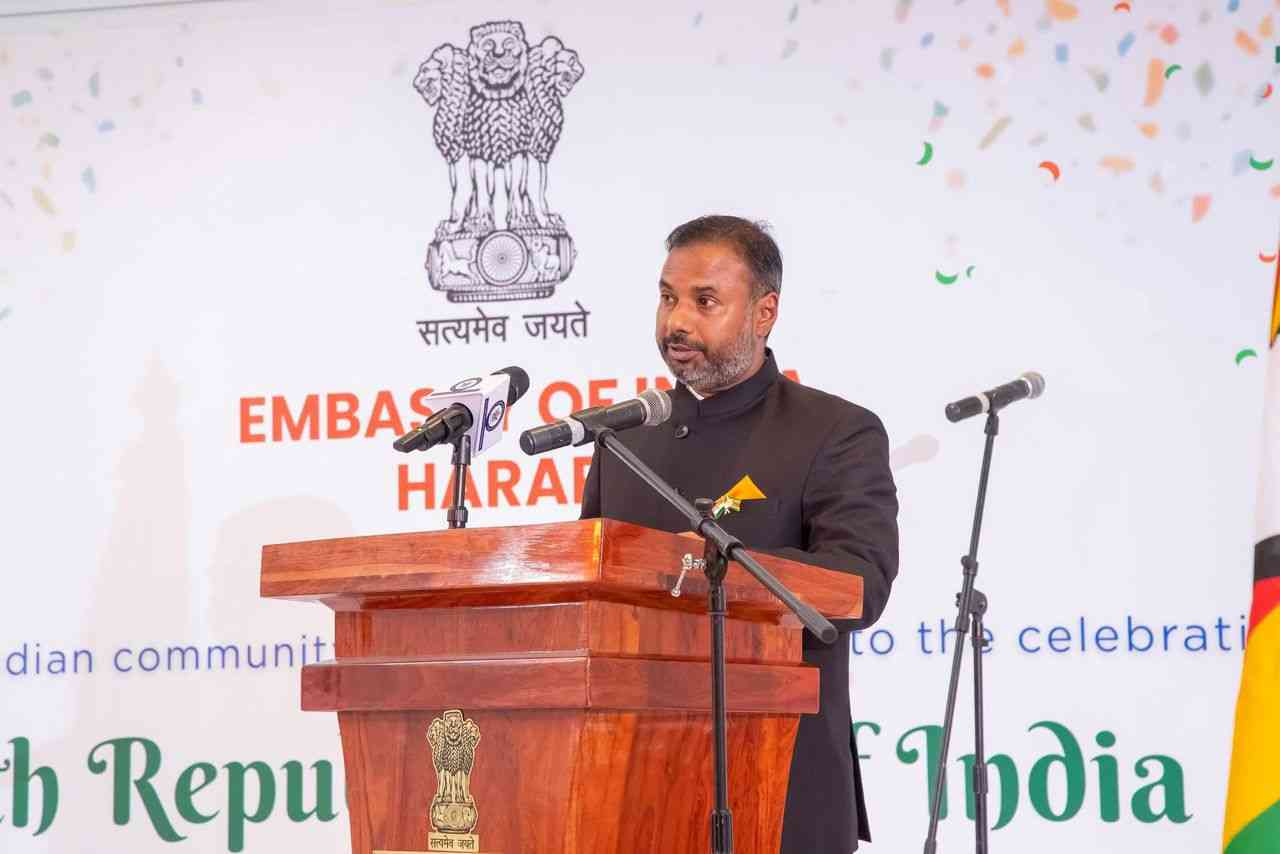
IN an era defined by rapid technological advancement and shifting consumer behaviours, journalism stands at a critical crossroad.
The traditional media landscape, once dominated by print publications and evening news broadcasts, has been dramatically transformed by the rise of digital platforms, social media and a 24/7 news cycle.
As audiences increasingly gravitate toward personalised content and immediate access to information, the relevance of conventional journalism practices has been called into question.
This evolving environment necessitates a reassessment of what journalism can and should offer to its audience.
The once-clear distinction between news producers and consumers has blurred, giving rise to a world where anyone with internet access can claim to be a journalist.
In this fragmented media ecosystem, misinformation and sensationalism thrive, undermining public trust in credible news sources.
Consequently, established news organisations must grapple with not only how to deliver accurate and timely information, but also how to communicate their unique value to a discerning audience.
To navigate this complex landscape, journalism must develop a new value proposition that resonates with today’s readers and viewers.
- Digital Digest - The future of news: Why journalism must evolve its value proposition to survive
Keep Reading
This new approach should focus on providing not just factual reporting but also context, depth and engagement — elements that foster a deeper understanding of issues and empower audiences to participate in meaningful conversations.
Experimenting with new trends and forms of journalism
While investigative journalism has always been unique and compelling, new content formats are emerging and these are informed by research to satisfy audience needs.
If we are to add misinformation and disinformation, the reality is that trust in news will nosedive and the connection with the audience will be lost.
But, if we browse through our newspapers and news platforms in Zimbabwe, can we really find something that audiences would really say, “were it not for the paper, I would not have known about this and that?”
Publishers, journalists and editors need to answer this question as they plan their content.
There is a need to develop journalism that reclaims value in people’s everyday lives.
The 21st newsroom is led by ideas, content strategies that are scientific, leveraging on data to make decisions and develop content demanded by the audience.
There is overwhelming evidence from research showing that people are turning away from news and even avoiding news due to lack of relevance and the mass distribution of content that does not resonate with the audience, especially young readers.
While there is no research that is specific to Zimbabwe, it is clear readers prefer news in relevant formats, times and platforms.
Even emerging forms of journalism have also been identified to be preferred by our audience.
Traditionally, bad news has been the norm, with less and less positive news.
But those who are advocating for “solutions journalism”, for example, are of the view that people are tired of bad news and they prefer something new and heart-warming.
This is because negativity and bias have been identified as key elements driving readers away from news and research says this has grave impact on readers’ mental health.
Our audience no longer fancy consistent reports on problems and wrongs that exist in the world, but rather the good that goes around them in their communities and the world.
Readers have an appetite for news, but preferences are now on things that have societal effects in a more truthful and reflective way.
During the News in the Digital Age 2024 summit, Jodie Jackson, founder of News Literacy Lab, said: “Solutions journalism is no longer just a niche in news reporting, it is a necessity of modern news reporting. We are at an important moment in journalism — what you do next matters.”
This implies that for news to claim its yesteryear glory, relevance and value, there is need to satisfy audience needs.
Of course, the majority of our editors in Zimbabwe belong to the ancient generation, difficult to convince and any contribution against their beliefs is tantamount to stripping them of years of experience they always retrieve every time the change conversation is brought up.
By embracing innovation, prioritising transparency and committing to the tenets of ethical reporting, journalism can reclaim its vital role in society as a trusted source of information and a catalyst for informed debate.
As we explore the necessity for a refreshed value proposition, it becomes crucial to envision a future where journalism not only survives but thrives in service to an informed public based on a principle of delivering content that satisfies audience needs.
Silence Mugadzaweta is digital & online editor for Alpha Media Holdings and content strategies blogger for International News Media Association.











